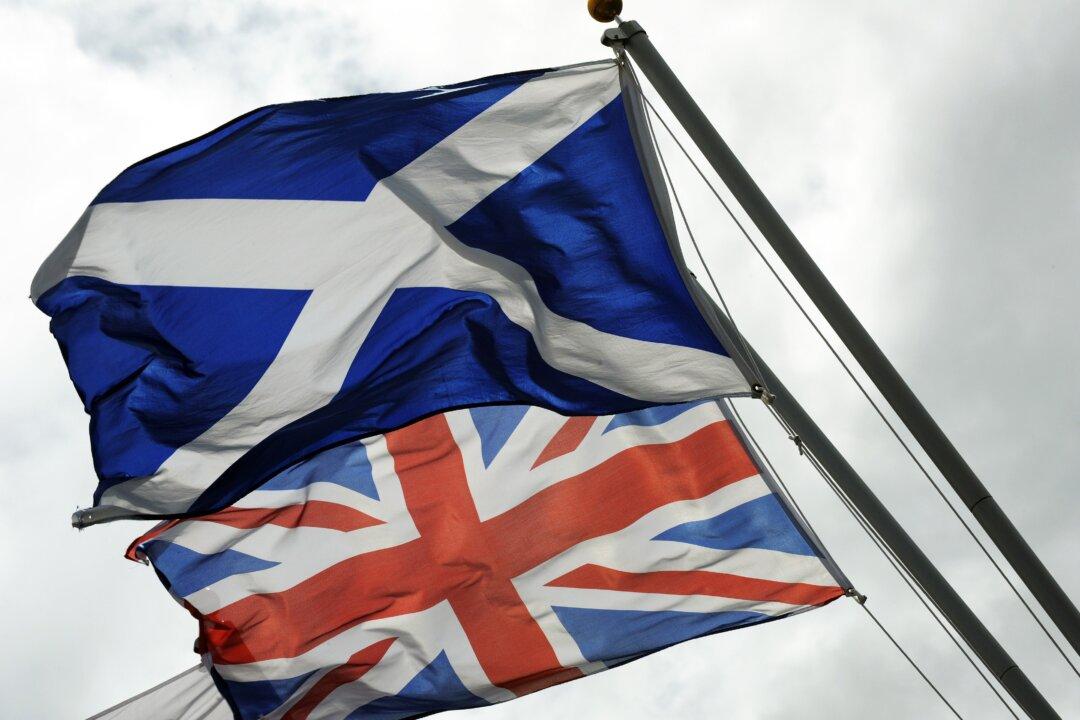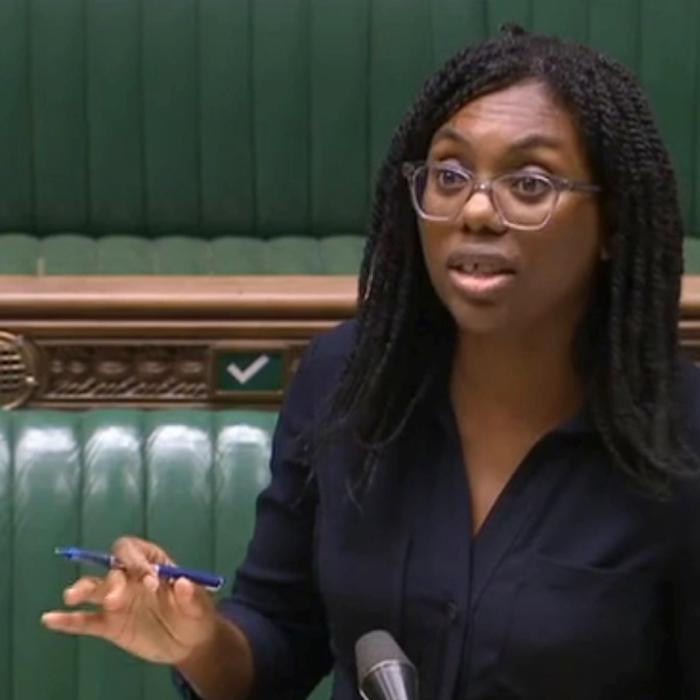A “staggering” 100 referrals to Scotland’s Child and Adolescent Mental Health Services (CAMHS) are being made on average every day, a charity revealed on Tuesday.
Waiting Targets Unmet
The waiting times target is for 90 percent of children and young people to be seen within 18 weeks of being referred, but this has never been met since its introduction in 2014.Ministers north of the border have said the picture on CAMHS waiting times has improved since last year, though the last quarterly release saw performance fall slightly to 84.1 percent.
Children First Chief Executive Mary Glasgow said in a statement: “The fact that a staggering 100 referrals for children are being made for children’s mental health support daily is a sad reflection of growing up in Scotland today.
“This Christmas thousands of children will wake up full of fear and worry.
“Scotland’s children should be safe, loved and happy – not robbed of their childhoods. This must stop. As a nation, we have a responsibility to protect their mental health and wellbeing, and to ensure they receive the support they need.”
She called on the Scottish Government to roll out more early interventions and support and asked the public to donate to the charity’s Christmas campaign to try and prevent children from reaching “crisis point.”
She added: “Ten years on the Scottish Government has not kept its promise to stop children getting stuck on waiting lists and children are often not getting help until they are in severe distress.
‘Childhood Emergency’
The charity wrote to Scotland’s First Minister John Swinney last week, highlighting some of the reasons for the apparent epidemic of poor mental health among the nation’s young, claiming there was a “childhood emergency.”“Stubborn rates of poverty and homelessness in Scotland undermine children’s right to an adequate standard of living, including food, clothing and housing ... it is shameful that one in four children are in poverty and the number of children in temporary accommodation is now over ten thousand,” the letter said.
The letter added that children are facing “unprecedented pressures” which are being exacerbated by smartphones, social media, and “harmful online content.”
Mental well-being minister Maree Todd told the PA news agency: “We are working to ensure that people get the right support, at the right time and in the right place. Waiting times are improving and in the first half of 2024, we saw the best national performance against standard since the 18-week CAMHS target was introduced a decade ago.
“But we know there is more to do and we are determined to drive further improvements to ensure young people get the support they need.”
She said that the SNP government has provided local authorities with more than £65 million since 2020, to develop and deliver community-based mental health support for children, young people, and their families.
“We have also invested £16 million a year to work towards ensuring every secondary school in Scotland has access to school counselling services,” she added.







